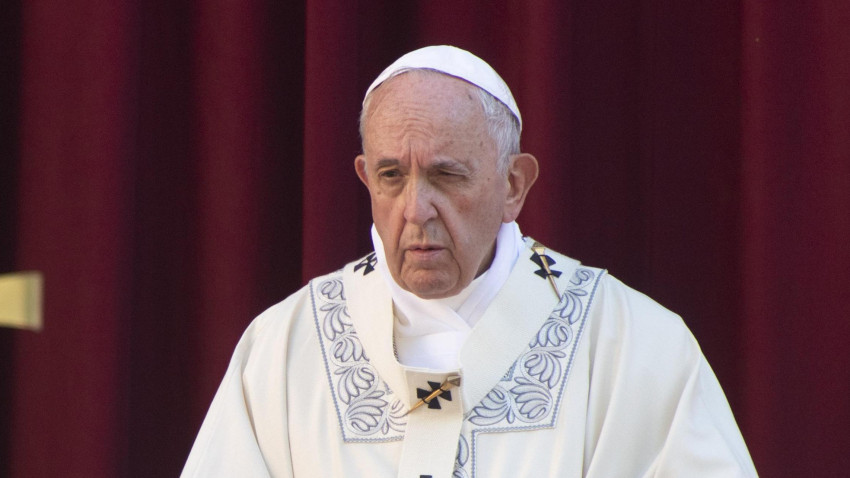Pope Francis abolishes the rule that has kept sexual abuse cases in church secret

Pope Francis issued an order that removes the highest level of secrecy regarding cases of sexual abuse of minors involving the clergy, a move requested by activists as part of radical changes in the way the Catholic church addresses these accusations.
Critics said the "papal secret" claim was used by the accused of the Church to avoid cooperating with the authorities.
The measures introduced by the Pope on Tuesday change the law of the universal church, requiring reporting of suspected sexual abuse to civil authorities and prohibiting attempts to silence those who report abuse or claim to have been victims.
The pontiff decreed that information in cases of abuse has yet to be protected by church leaders to ensure "security, integrity and confidentiality".
But the Vatican's main investigator on sexual crimes, Archbishop Charles Scicluna, called the reform an "epochal decision" that will allow better coordination with police forces around the world and open lines of communication with the victims.
Francis also raised 14 to 18 years of age under which the Vatican views "pornographic" media as images of child sexual abuse.
The new norms are the latest amendment to the internal canonical law of the Catholic Church - a parallel juridical code that elaborates ecclesial justice for crimes against the faith - in this case relating to the sexual abuse of minors or vulnerable people by priests, bishops or cardinals. In this legal system, the worst punishment a priest can suffer is being denied or removed from the clerical state.
Pope Benedict XVI had decreed in 2001 that these cases had to be treated under the "pontifical secret", the highest form of secrecy in the church. The Vatican had long insisted that such confidentiality be necessary to protect the victim's privacy, the defendant's reputation and the integrity of the canonical process.
However, this secrecy also served to hide the scandal, prevent law enforcement from accessing documents and silence the victims, many of whom often believed that the "papal secret" prevented them from turning to the police to report their abuses. priestly.
While the Vatican has long sought to insist that this is not the case, it has never imposed bishops and religious superiors to report sexual crimes to the police, and in the past it has encouraged bishops not to.